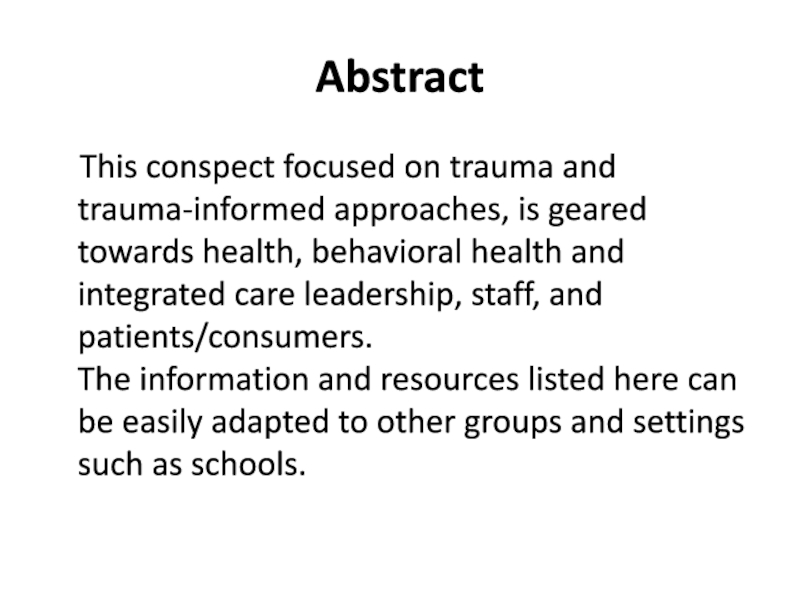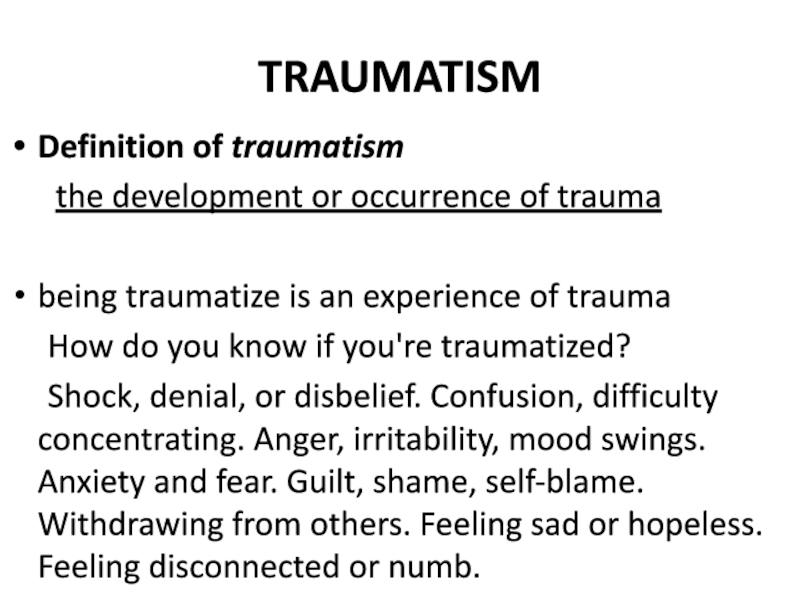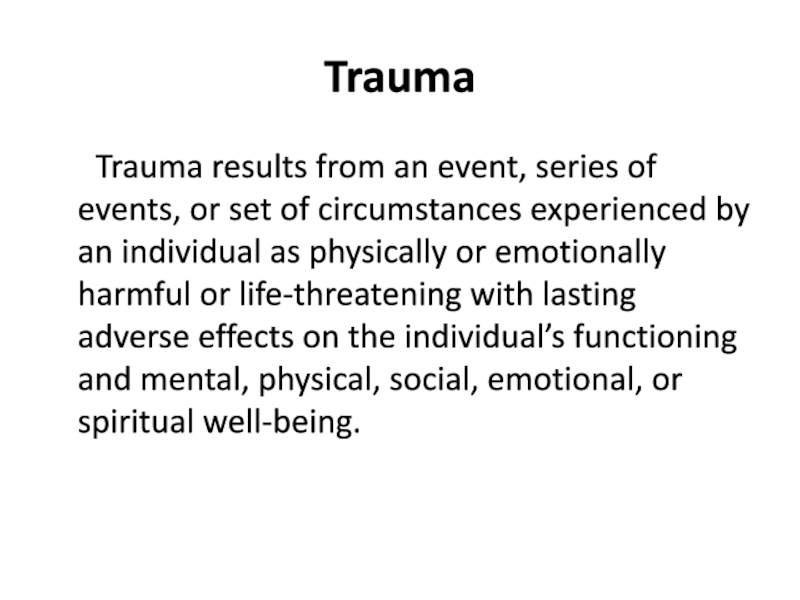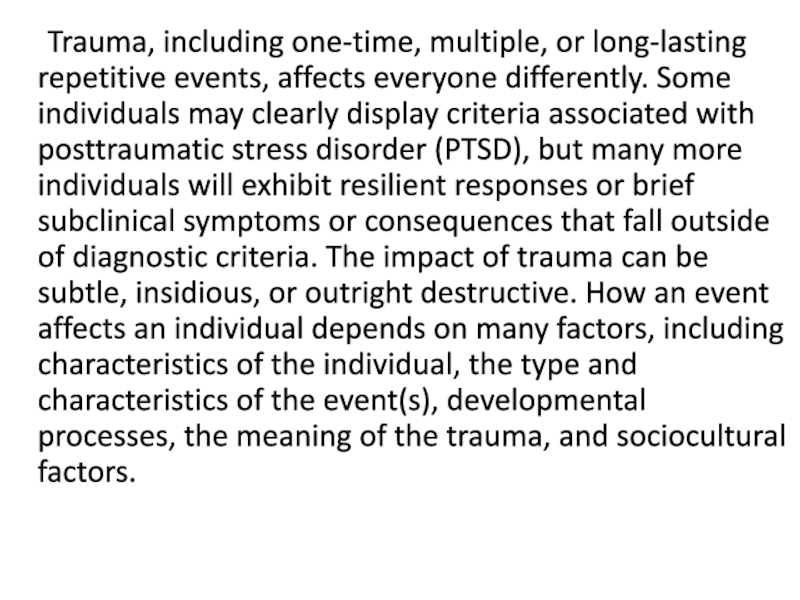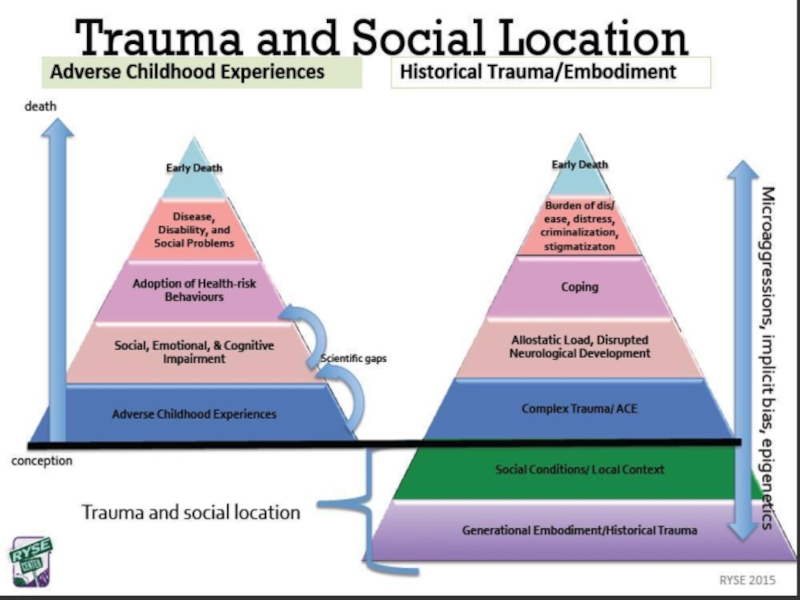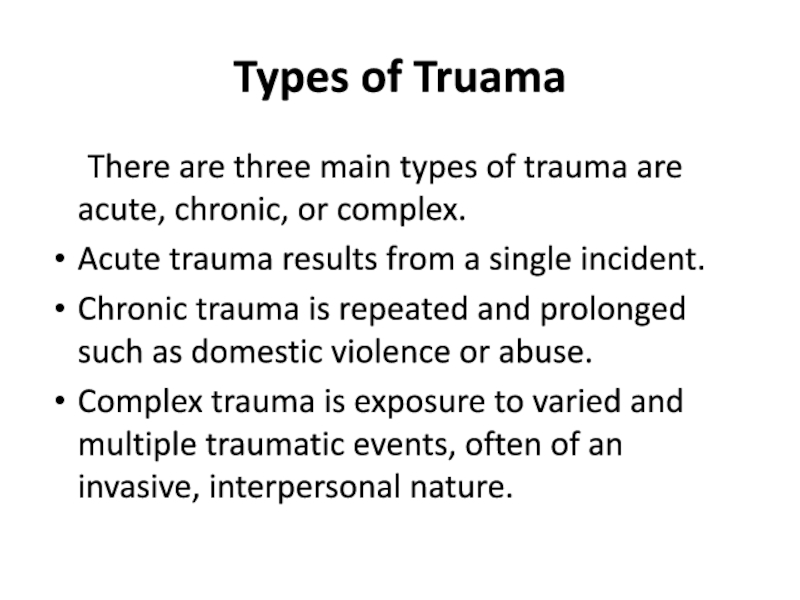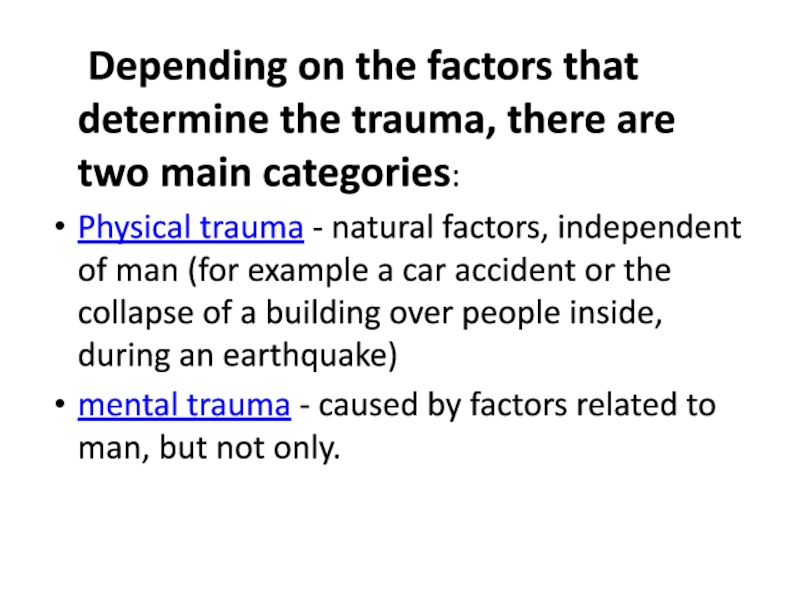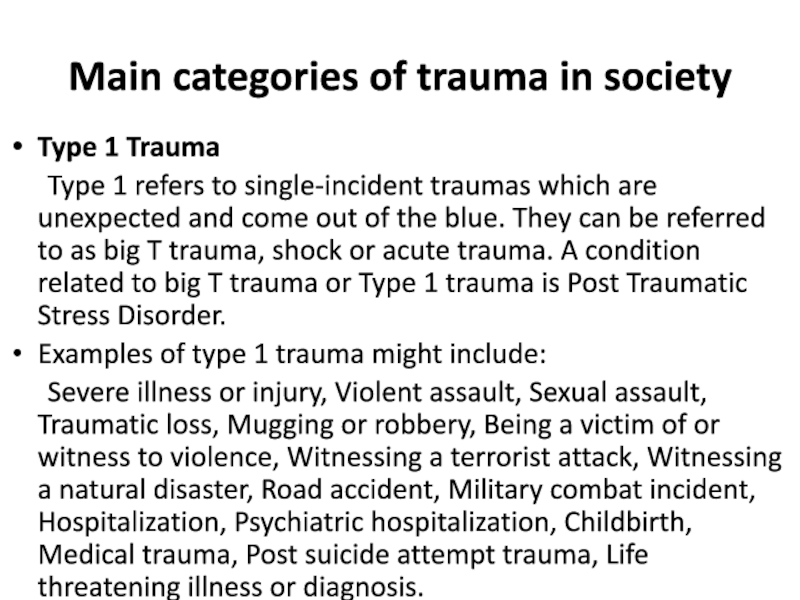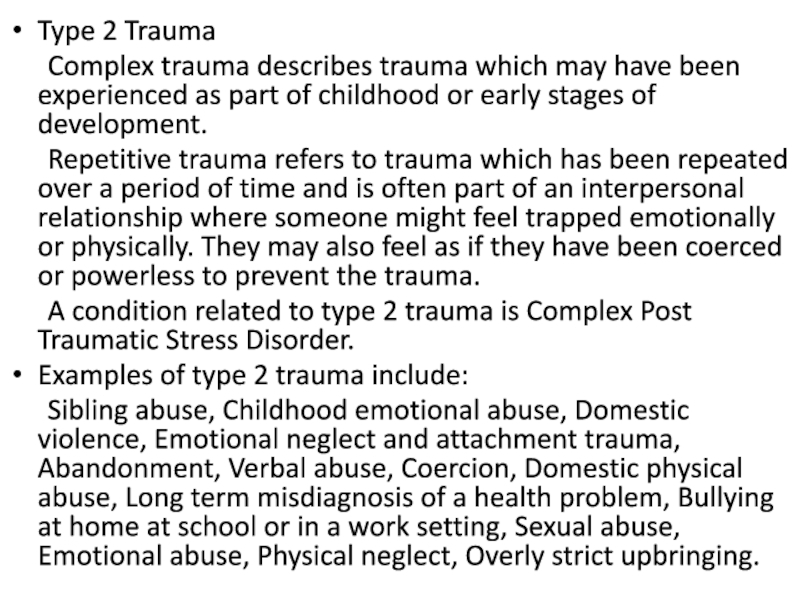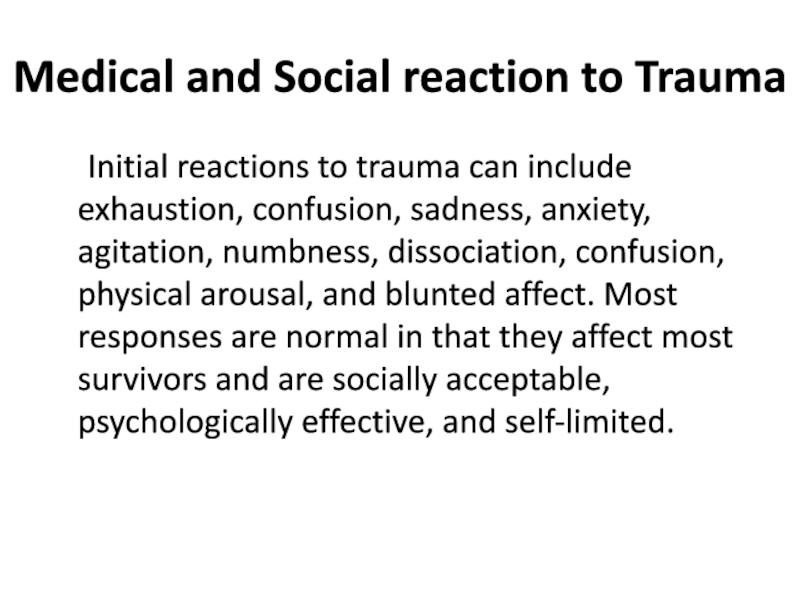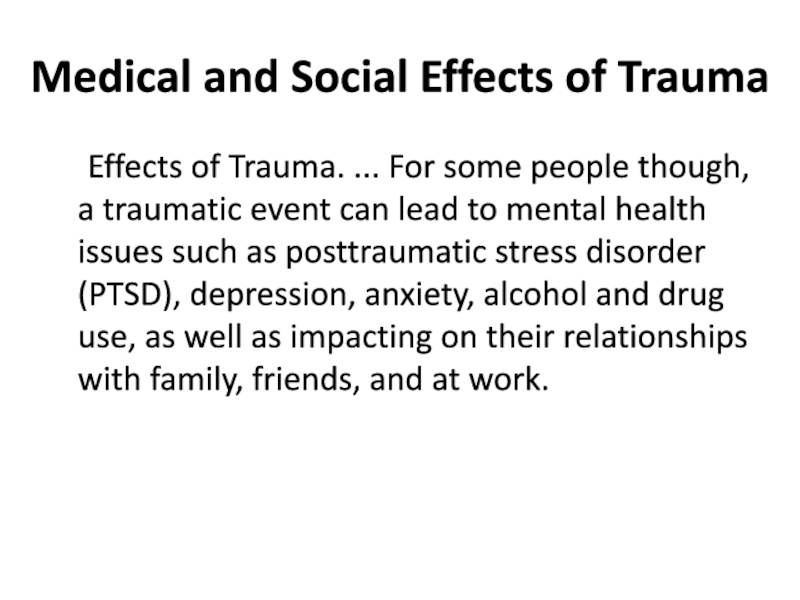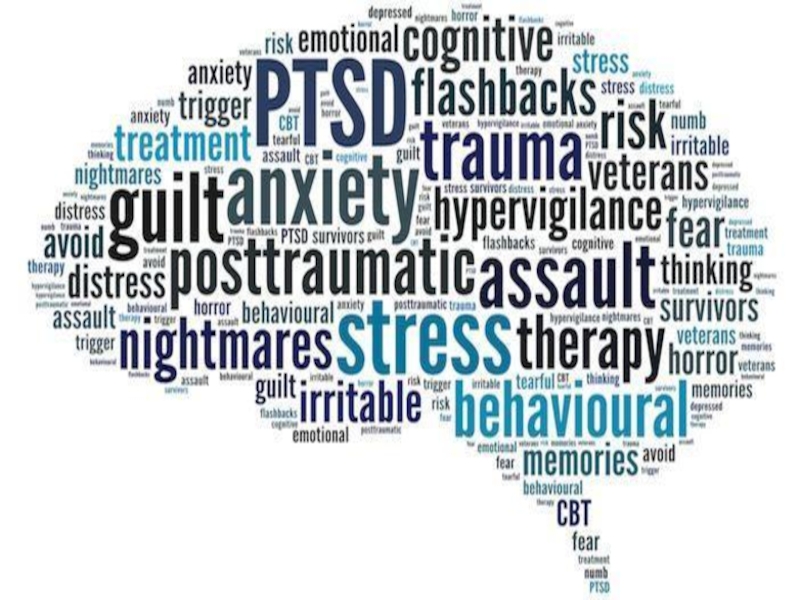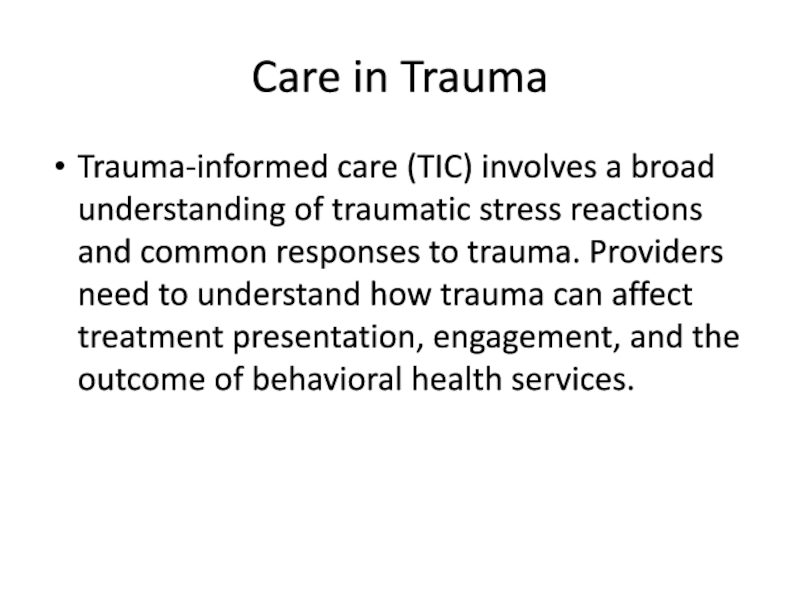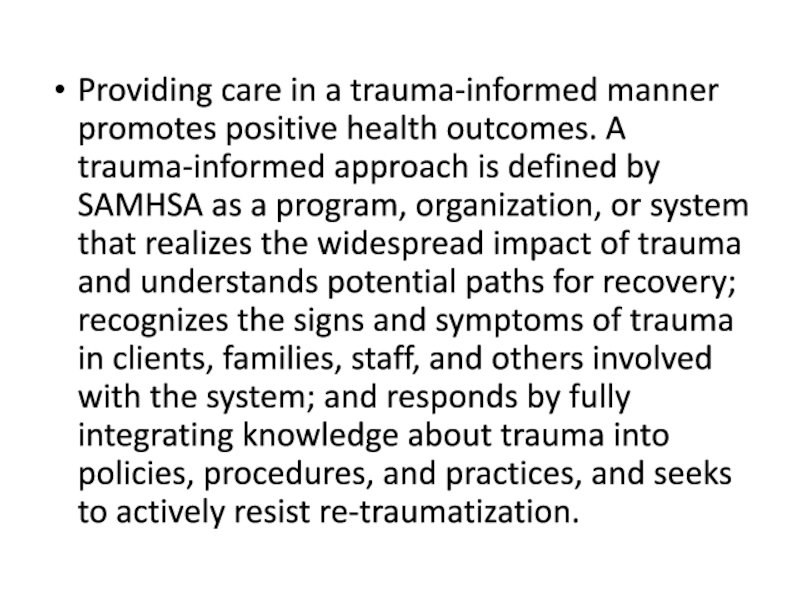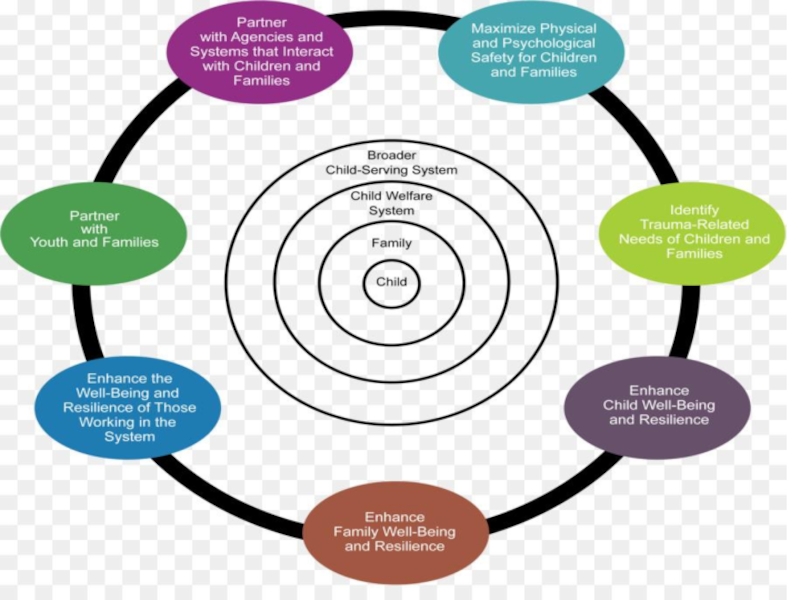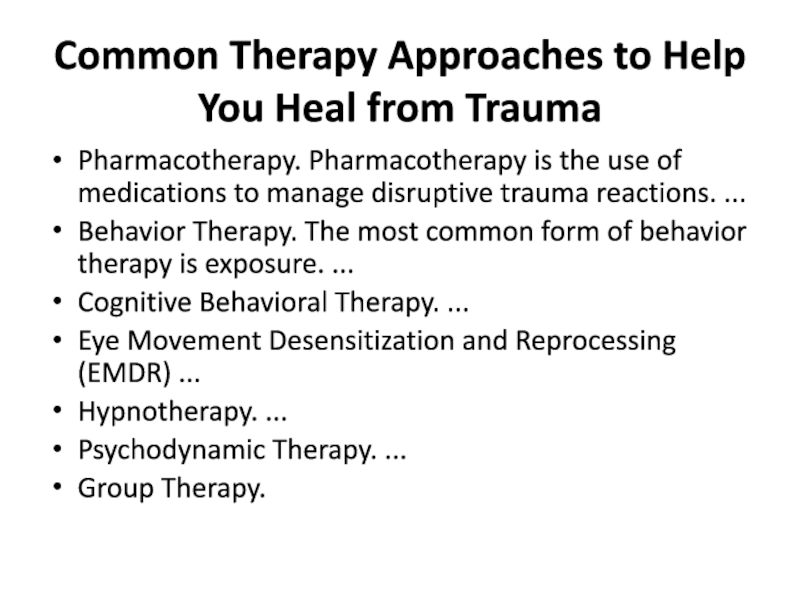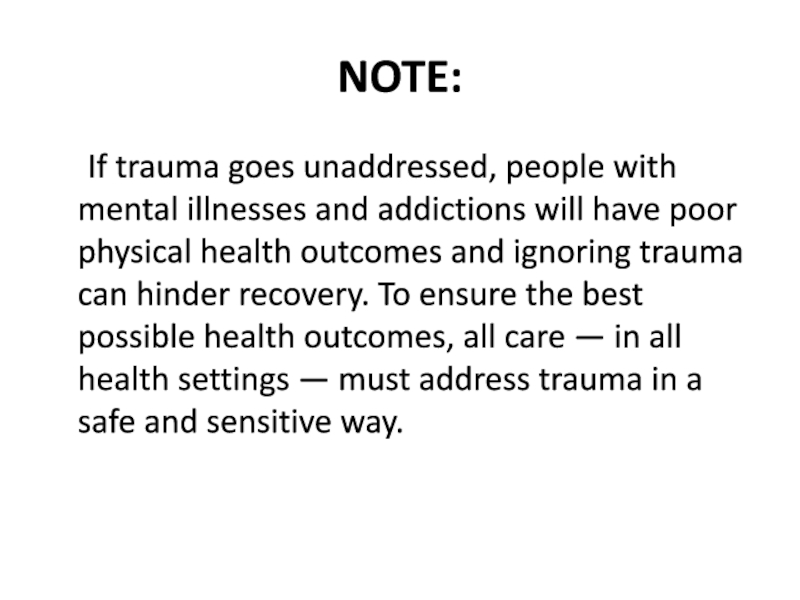Разделы презентаций
- Разное
- Английский язык
- Астрономия
- Алгебра
- Биология
- География
- Геометрия
- Детские презентации
- Информатика
- История
- Литература
- Математика
- Медицина
- Менеджмент
- Музыка
- МХК
- Немецкий язык
- ОБЖ
- Обществознание
- Окружающий мир
- Педагогика
- Русский язык
- Технология
- Физика
- Философия
- Химия
- Шаблоны, картинки для презентаций
- Экология
- Экономика
- Юриспруденция
Traumatism as a Medical and Social Problem
Содержание
- 1. Traumatism as a Medical and Social Problem
- 2. Abstract This conspect focused on trauma
- 3. TRAUMATISMDefinition of traumatism the development or occurrence of traumabeing traumatize
- 4. Trauma Trauma results from an event, series of
- 5. Trauma, including one-time, multiple, or long-lasting
- 6. Слайд 6
- 7. Types of Truama There are three main types of
- 8. Depending on the factors that determine
- 9. Main categories of trauma in societyType 1
- 10. Type 2 Trauma Complex trauma describes trauma
- 11. Medical and Social reaction to Trauma Initial reactions
- 12. Medical and Social Effects of Trauma Effects of Trauma. ...
- 13. Слайд 13
- 14. Care in TraumaTrauma-informed care (TIC) involves a
- 15. Providing care in a trauma-informed manner
- 16. Слайд 16
- 17. Common Therapy Approaches to Help You Heal
- 18. NOTE: If trauma goes unaddressed, people with mental
- 19. Слайд 19
- 20. Скачать презентанцию
Abstract This conspect focused on trauma and trauma-informed approaches, is geared towards health, behavioral health and integrated care leadership, staff, and patients/consumers. The information and resources listed here can be
Слайды и текст этой презентации
Слайд 2Abstract
This conspect focused on trauma and trauma-informed approaches,
is geared towards health, behavioral health and integrated care leadership,
staff, and patients/consumers. The information and resources listed here can be easily adapted to other groups and settings such as schools.Слайд 3TRAUMATISM
Definition of traumatism
the development or occurrence of trauma
being traumatize is an experience
of trauma
How do you know if you're traumatized?
Shock, denial, or
disbelief. Confusion, difficulty concentrating. Anger, irritability, mood swings. Anxiety and fear. Guilt, shame, self-blame. Withdrawing from others. Feeling sad or hopeless. Feeling disconnected or numb.Слайд 4Trauma
Trauma results from an event, series of events, or set
of circumstances experienced by an individual as physically or emotionally
harmful or life-threatening with lasting adverse effects on the individual’s functioning and mental, physical, social, emotional, or spiritual well-being.Слайд 5
Trauma, including one-time, multiple, or long-lasting repetitive events, affects everyone
differently. Some individuals may clearly display criteria associated with posttraumatic
stress disorder (PTSD), but many more individuals will exhibit resilient responses or brief subclinical symptoms or consequences that fall outside of diagnostic criteria. The impact of trauma can be subtle, insidious, or outright destructive. How an event affects an individual depends on many factors, including characteristics of the individual, the type and characteristics of the event(s), developmental processes, the meaning of the trauma, and sociocultural factors.Слайд 7Types of Truama
There are three main types of trauma are acute, chronic,
or complex.
Acute trauma results from a single incident.
Chronic trauma is repeated and prolonged such
as domestic violence or abuse.Complex trauma is exposure to varied and multiple traumatic events, often of an invasive, interpersonal nature.
Слайд 8
Depending on the factors that determine the trauma, there are
two main categories:
Physical trauma - natural factors, independent of man (for
example a car accident or the collapse of a building over people inside, during an earthquake)mental trauma - caused by factors related to man, but not only.
Слайд 9Main categories of trauma in society
Type 1 Trauma
Type 1 refers
to single-incident traumas which are unexpected and come out of
the blue. They can be referred to as big T trauma, shock or acute trauma. A condition related to big T trauma or Type 1 trauma is Post Traumatic Stress Disorder.Examples of type 1 trauma might include:
Severe illness or injury, Violent assault, Sexual assault, Traumatic loss, Mugging or robbery, Being a victim of or witness to violence, Witnessing a terrorist attack, Witnessing a natural disaster, Road accident, Military combat incident, Hospitalization, Psychiatric hospitalization, Childbirth, Medical trauma, Post suicide attempt trauma, Life threatening illness or diagnosis.
Слайд 10
Type 2 Trauma
Complex trauma describes trauma which may have been
experienced as part of childhood or early stages of development.
Repetitive
trauma refers to trauma which has been repeated over a period of time and is often part of an interpersonal relationship where someone might feel trapped emotionally or physically. They may also feel as if they have been coerced or powerless to prevent the trauma.A condition related to type 2 trauma is Complex Post Traumatic Stress Disorder.
Examples of type 2 trauma include:
Sibling abuse, Childhood emotional abuse, Domestic violence, Emotional neglect and attachment trauma, Abandonment, Verbal abuse, Coercion, Domestic physical abuse, Long term misdiagnosis of a health problem, Bullying at home at school or in a work setting, Sexual abuse, Emotional abuse, Physical neglect, Overly strict upbringing.
Слайд 11Medical and Social reaction to Trauma
Initial reactions to trauma can include
exhaustion, confusion, sadness, anxiety, agitation, numbness, dissociation, confusion, physical arousal,
and blunted affect. Most responses are normal in that they affect most survivors and are socially acceptable, psychologically effective, and self-limited.Слайд 12Medical and Social Effects of Trauma
Effects of Trauma. ... For some people though, a traumatic event can lead
to mental health issues such as posttraumatic stress disorder (PTSD),
depression, anxiety, alcohol and drug use, as well as impacting on their relationships with family, friends, and at work.Слайд 14Care in Trauma
Trauma-informed care (TIC) involves a broad understanding of
traumatic stress reactions and common responses to trauma. Providers need
to understand how trauma can affect treatment presentation, engagement, and the outcome of behavioral health services.Слайд 15
Providing care in a trauma-informed manner promotes positive health outcomes.
A trauma-informed approach is defined by SAMHSA as a program, organization,
or system that realizes the widespread impact of trauma and understands potential paths for recovery; recognizes the signs and symptoms of trauma in clients, families, staff, and others involved with the system; and responds by fully integrating knowledge about trauma into policies, procedures, and practices, and seeks to actively resist re-traumatization.Слайд 17Common Therapy Approaches to Help You Heal from Trauma
Pharmacotherapy. Pharmacotherapy is
the use of medications to manage disruptive trauma reactions. ...
Behavior Therapy.
The most common form of behavior therapy is exposure. ...Cognitive Behavioral Therapy. ...
Eye Movement Desensitization and Reprocessing (EMDR) ...
Hypnotherapy. ...
Psychodynamic Therapy. ...
Group Therapy.

